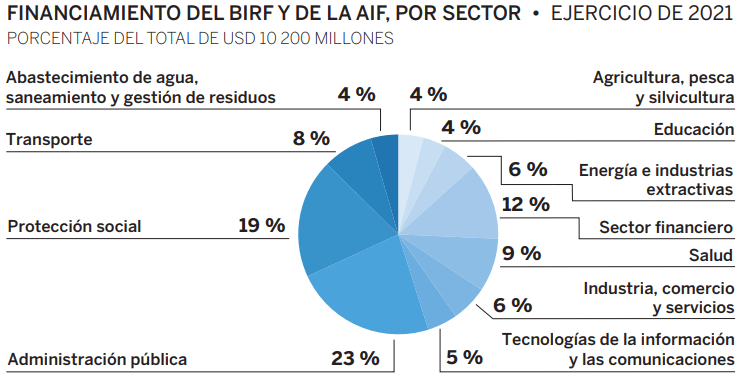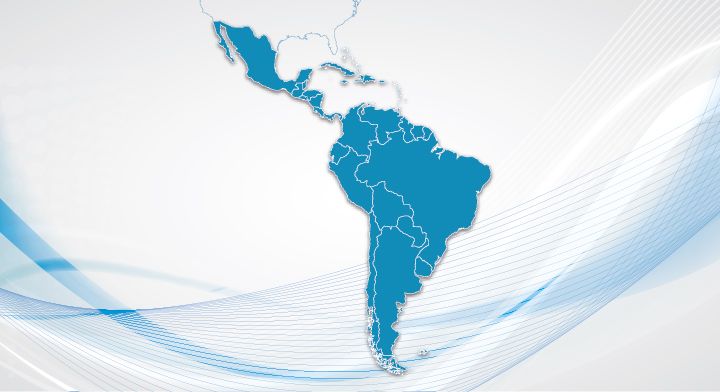Climate change and environmental degradation pose urgent and increasingly serious challenges for Latin America and the Caribbean, highlighted the World Bank.
In line with its new Climate Change Action Plan, the World Bank says it is helping countries achieve improved reconstruction while still protecting the poorest people, who are particularly vulnerable to the effects of climate change.
LATIN AMERICA AND THE CARIBBEAN

This includes supporting a more adequate infrastructure that can withstand storms and other natural disasters.
For example, in Uruguay, more than 1,800 kilometers of roads that had been affected by tornadoes, heavy rainfall, droughts and heat waves were rehabilitated.
In Colombia, the World Bank provided $ 1.4 billion through a series of programs to maintain access to key infrastructure services during the Covid-19 crisis, while laying the regulatory foundation for recovery through sustainable and resilient infrastructure.
Climate change
In Belize, the Marine Conservation and Climate Change Adaptation Project contributes to reinforcing the climate resilience of the main ecosystems by expanding the coverage of maritime protected areas in the country’s territorial waters, restoring 12 coral reefs and the strengthening the livelihoods of more than 1,500 people.
In Brazil, the bank is providing technical assistance to help reform the energy, gas and mining sectors – which are among the main engines of the economy – with the aim of improving competitiveness and efficiency, taking advantage of private financing to generate sustainable energy and mining infrastructure, and strengthen resilience to climate change.
For its part, Mexico is extremely vulnerable to the effects of climate change and environmental degradation, a situation that has been aggravated by the impacts of the pandemic.
The World Bank is working with the Mexican government to strengthen environmental sustainability and resilience and expand access to adaptive urban infrastructure and social housing.
According to the bank, these efforts will help regulate emissions, measure air quality in the largest cities and preserve forests, as well as improve the living conditions of more than 1 million people in urban areas.
![]()

